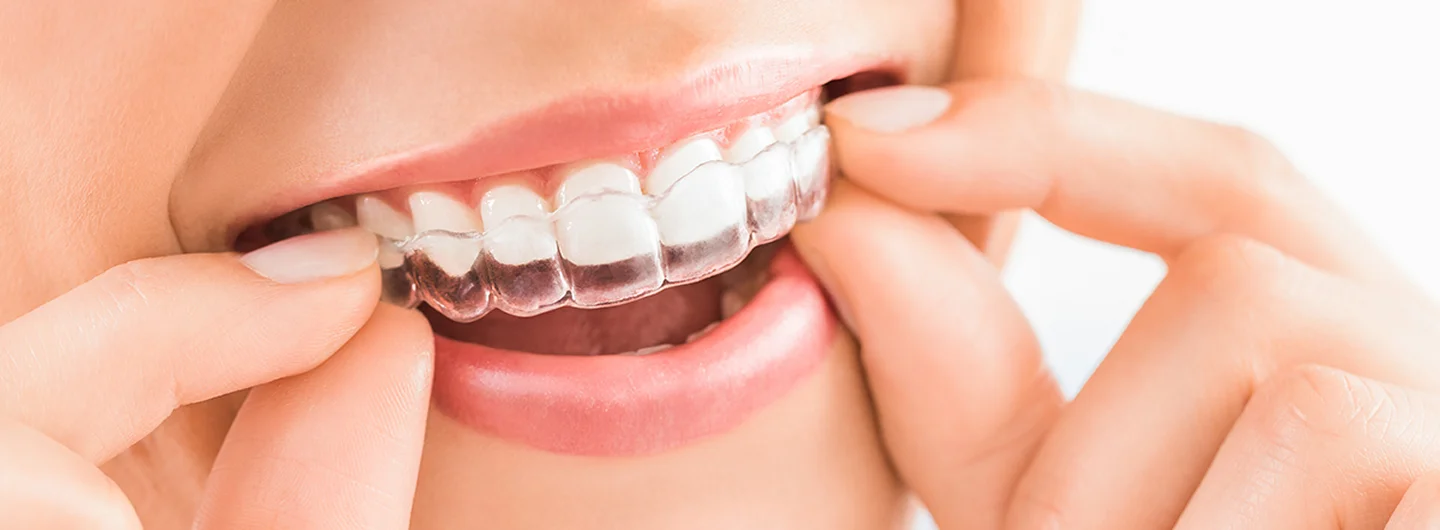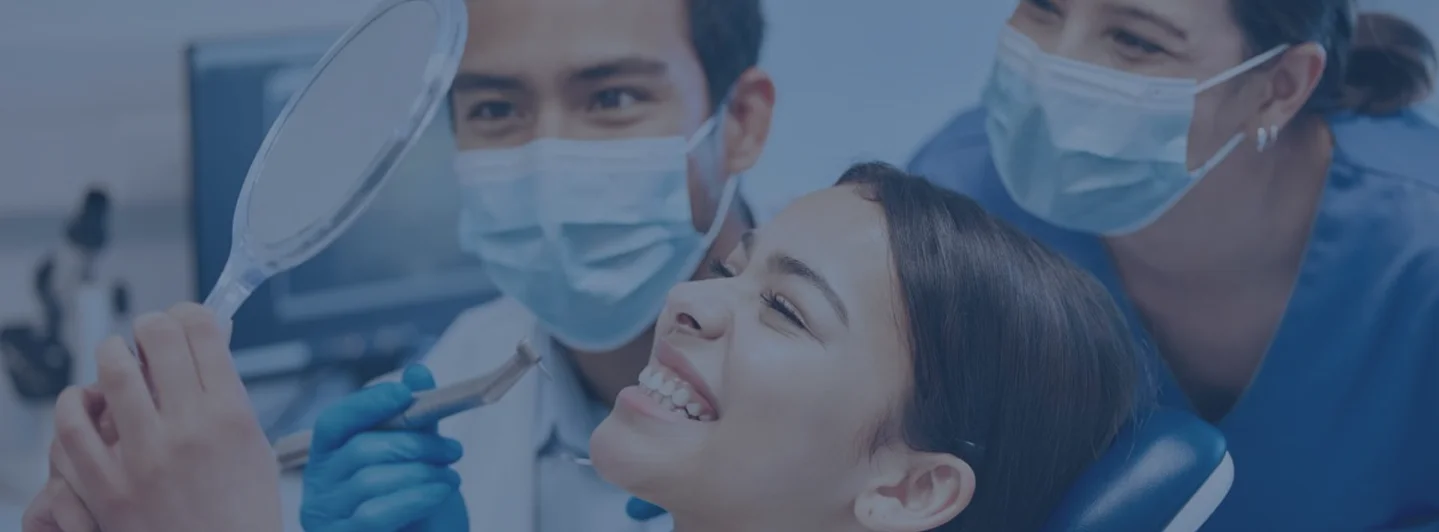Gentle, precise extractions that remove the problem while preserving the foundation of a stunning smile.
Non-surgical extractions are also known as simple tooth extractions and are the more common of the two types of extraction. Essentially, it is the removal of a tooth from its socket in the jawbone and is performed with only local anesthesia. The relatively simple procedure entails removing a visible tooth without making an incision, is usually very quick and painless, and often performed on a fully erupted tooth. Non-surgical extractions are recommended for teeth that aren’t broken, impacted, or severely decayed. Most people don’t experience any issues with extractions, but some have been known to go through some complications, including facial swelling, or pain in the jaw area.
A typical non-surgical extraction starts with our staff numbing the area with a local anesthetic, and the loosening of the tooth with dental tools. Once it’s sufficiently loose, the tooth is removed with dental forceps. Next, the bleeding is stopped by packing the sockets with gauze and pressure applied by biting down, and in some cases, stitching. When a tooth is severely impacted, such as in the case of wisdom teeth causing pain or limitations on jaw mobility, surgical extraction is recommended. This may also be the course of action recommended when the tooth in question is broken or severely decayed. Other alternatives to extraction are the root canal procedure, surgical bone grafting, and root amputation.
Aftercare for a non-surgical extraction involves avoiding mouth rinses, the cessation of smoking, and the use of gauze pads or cotton balls to stop bleeding, all for at least 24 hours. It’s also recommended that you avoid drinking through straws and chewing on hard foods such as popcorn kernels or nuts during the recovery time; yogurt, pasta, and apple sauce are recommended. Once the initial recovery period has elapsed, we recommend using saltwater rinses to keep the area clean and avoiding brushing the area directly. You should also regularly take any antibiotics prescribed to avoid infection, and painkillers such as ibuprofen for relief.

